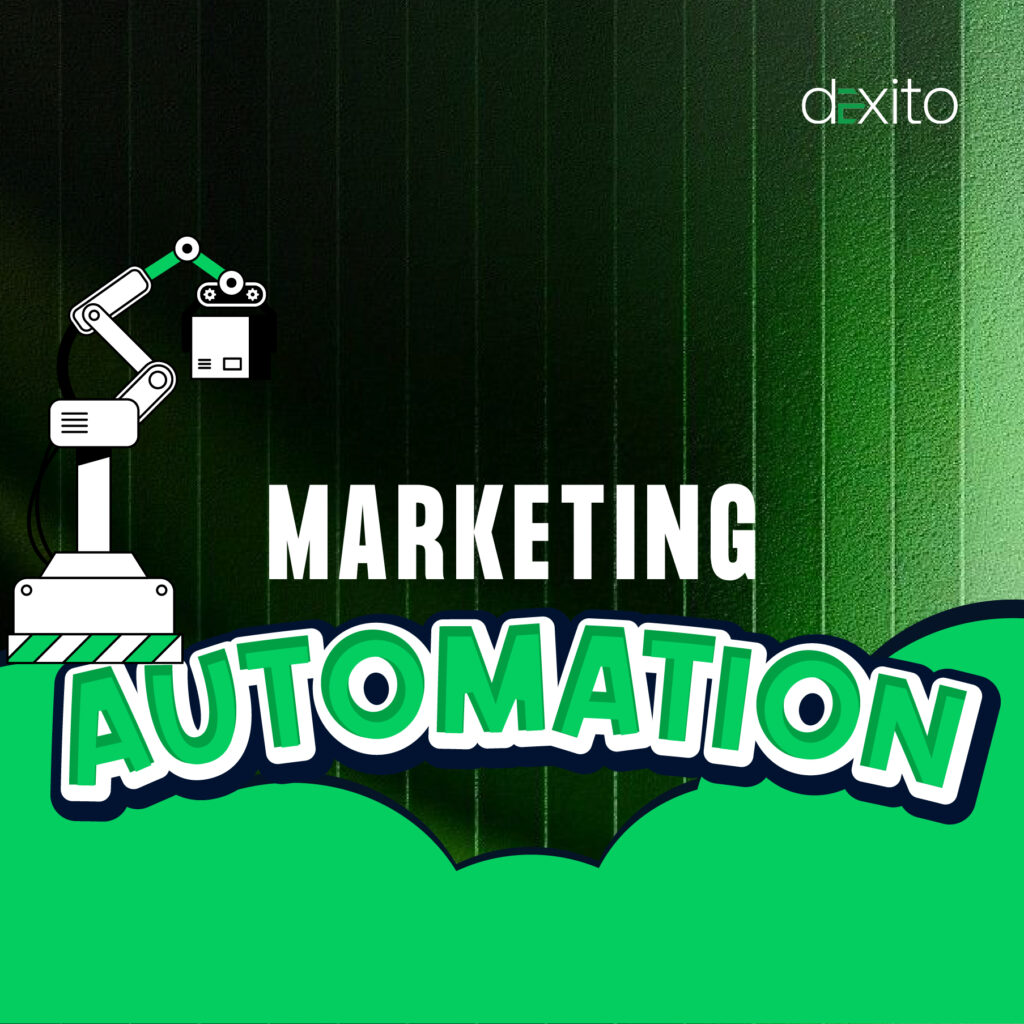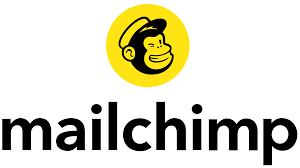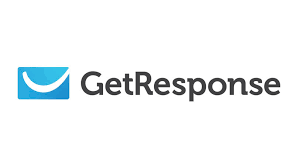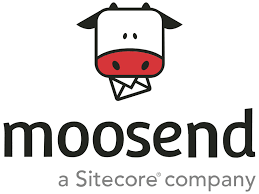Marketing Automation: Best Tools for Scaling Campaigns

Marketing automation is now an intrinsic part of emerging businesses. Whether you have just started your business or are already operating a big company, these tools can safeguard your time, help you reach more people, and make your marketing feel more personal without requiring a big team. They can tackle things such as sending emails, posting on social media, guiding customers, and generating new leads while making your campaigns work better and effectively. A Digital Marketing Agency in Kerala can leverage these tools to deliver consistent growth. In this article, we’ll go through the top marketing automation tools to help you grow your business and explain what makes each one worth using.
1. HubSpot – All-in-One Marketing Solution

Widely recognized as a leading marketing automation platform, HubSpot offers a comprehensive suite of tools. It’s a great choice for users who seek an all-in-one solution with robust features like email marketing, scheduling social posts, handling leads, using an integrated CRM, and even automating parts of your sales cycle with HubSpot.
What makes HubSpot appealing is just how simple it is to use. You can automate email workflows from things like a person subscribing to your newsletter or downloading a free report. This drag-and-drop email editor makes it easy to create an email campaign—even if you’re not technical. It also gives you clear reports on what works and what doesn’t. HubSpot is an intelligent solution for businesses of any size, starting with free apps and expanding with you.
2. Mailchimp – Simple and Effective Email Automation

Mailchimp is a purely email marketing tool that evolved into an overall marketing tool. However, its email-based automation features are still its strongest feature. It is also the best tool for small- and medium-sized companies who want to set up automated email campaigns fast with the least trouble.
In Mailchimp, it is quite easy to add welcome messages, follow-up messages, and cart abandonment reminders. It has pretty-looking templates which are a breeze to modify. You can segment your list too so that you can send more targeted messages and try out various emails using A/B testing to see which ones perform best. The dashboard is easy to navigate, and the free plan gives you a lot of features, making it ideal for startups just starting with their automation.
3. ActiveCampaign – Advanced Automation Made Easy

ActiveCampaign is one of the superior choices for companies that require more advanced automation. It has email marketing, effective CRM solutions, and smart capabilities like machine learning to help you run successful campaigns. The thing that stands out from it the most is that you can build extensive, tailored workflows—without writing a line of code.
With ActiveCampaign, you can automate anything: send emails based on customer actions, score leads, and even alert your sales team when someone’s ready to buy. It also includes SMS marketing features, website tracking, and content that changes based on who’s viewing it. It’s ideal for businesses wanting to create tailored customer experiences across multiple channels. Okay, there’s a bit of a learning curve, but the reward—better engagement and more sales—is worth it.
Looking to Scale Your Brand and Branding Identity?
Whatever your Branding needs may be — whether it’s a Website, Performance Marketing, SEO, Branding, or Communication Strategy — we have the perfect solution for you.
Contact Us4. Klaviyo – Ideal for E-Commerce Businesses

If you have an online store, Klaviyo is one of the best automations on the market. It supports integration fairly well with platforms like Shopify, WooCommerce, and BigCommerce. The reason why Klaviyo stands out is that it is particularly interested in email and SMS automation specifically for e-commerce businesses.
With Klaviyo, you can send targeted product suggestions based on individual interest as well as cart reminders, postpurchase follow-up, and much more. It uses the information about your customers to develop detailed segments and send out messages based on how people shop. The analytics are also extremely revealing, and you know how much money every campaign generates. If you want to grow your online store and bring customers back time and time again, then Klaviyo is a great option.
Also Read: Top 30 Advantages And Disadvantages of Social Media in 2025
5. GetResponse – Great for Email and Webinars

GetResponse is more than just an email autoresponder—It’s a complete marketing platform. It has everything from landing pages and webinars to sales funnels and is thus a great option for marketers who desire to have everything all in one place.
You can build automated sequences based on events like clicks, openings, or form submissions. It’s very handy if you want to integrate email marketing with webinars that are live or pre-recorded, and that is why it is so popular among coaches, educators, and training or demo-selling companies. GetResponse also has e-commerce features for online stores, including cart abandonment emails and product suggestions, so it is perfectly suitable for e-commerce as well.
6. Drip – Best for Customer Journeys in E-Commerce
Drip is a high-level automation platform designed specifically for e-commerce businesses. It helps you design personalized customer journeys depending on how people consume and what they are interested in. Using its visual workflow editor, building high-level sequences—like abandoned cart emails, product recommendations, or win-back campaigns—is straightforward.
Drip integrates beautifully with large e-commerce sites and gives you a wealth of information about your customers. You can segment people based on such information as what they’ve bought, what they’ve looked at, or how long it’s been since they’ve made a purchase. You can then send the right message at the right time to drive sales. If you’re serious about growing your online business, Drip is a great choice.
7. Moosend – Affordable and Easy to Use

Moosend is a budget-friendly email marketing automation tool perfectly suited for small firms and startups. It provides all the features you’ll require—like email automation, pre-built templates, analysis, and landing pages—without asking a prohibitive fee.
You can automate email sequences from what your subscribers do, including opening emails, clicking links, or coming onto your site. The drag-and-drop editor is easy to use and requires no technical expertise. Though it’s affordable, Moosend also has clever features like AI-powered product recommendations and A/B testing. If you are looking for an inexpensive way to automate your marketing without losing helpful tools, then Moosend is worth considering.
8. Omnisend – Multi-Channel Marketing for E-Commerce

Omnisend is an e-commerce marketing automation tool, but what sets it apart is that it can interact with customers on various channels. Using Omnisend, you can merge email, SMS, push notifications, Facebook Messenger, and numerous others—all within one smooth-to-maintain workflow.
This enables you to talk to individuals in various manners, based on what is appropriate for them. For example, you might start with a welcome message, followed by text, and a push notification if they do not respond. Omnisend supports the most-popular e-commerce platforms and gives you clear reports so that you can see how your campaigns are faring. It’s a suitable choice for brands that wish to create seamless multi-channel customer journeys.
9. Sendinblue – Email and SMS in One Place

Sendinblue is an easy platform to work with that combines email marketing with SMS and chat, and it is perfect for those companies that have to deal with all the customer communication in one platform. Its visual editor makes automation setup simple and easy.
You can build workflows based on events such as email opens, website visits, or purchases. It also has SMS campaigns, ideal for rapid reminders or promotions that expire. Sendinblue complies with GDPR, so it’s a good option for European businesses or anyone prioritizing data privacy. And it’s budget-friendly—with a free plan and adjustable pricing as your business expands.
Also Read: How to Use the Instagram Appeal Form for Banned Profiles
10. ConvertKit – Perfect for Creators and Bloggers

ConvertKit is a marketing automation tool that is geared toward bloggers, content creators, and small online businesses. It helps you build your email list and retain your audience engaged using personalized, automated emails.
It’s a simple platform with a very easy-to-use interface. You can flag and label subscribers by what they do—you know, something as mundane as clicking on a link or receiving a free report. ConvertKit even lets you create landing pages and sell digital goods so it’s the ultimate if you’re going to sell digital goods or membership. Solo creators and groups under five employees receive the starter kit of automation without any drama from ConvertKit.
11. Autopilot – Visually Driven Marketing Journeys
Autopilot looks nice and easy to use. It’s a visual automation platform where you can create customer journeys by dragging and dropping items, which is very intuitive. You can create multi-step campaigns via emails, SMS, and even in-app messages.
It integrates nicely with tools like Salesforce, Slack, and Zapier, so you can easily add it to your current infrastructure. Autopilot is great for businesses that must create compelling, data-rich campaigns but don’t necessarily want to be hampered by code. It is great for businesses that work on optimizing customer experience and mapping their journeys.
12. Pardot – Enterprise Automation by Salesforce

Pardot is an automation software from Salesforce that is specifically made for B2B companies and large businesses. It comfortably coexists with Salesforce’s CRM and functions best for teams that excel at lead discovery, scoring, and nurturing.
With Pardot, you can have advanced automation, track leads across multiple channels, and route leads to sales teams at the exact right moment. It’s incredibly powerful but more complex and pricey than other options. But if your company is already on Salesforce, Pardot integrates beautifully and offers rich reporting that’s hard to replicate. It’s one of the leading B2B marketing automation options at a large enterprise scale.
Conclusion
Marketing automation is no longer a nice-to-have, but a necessity for any business that requires growth, saving time, and giving customers a personal experience. With all the software out there, there’s something to suit every goal and budget. Whether you’re a solo entrepreneur using ConvertKit, an online store using Klaviyo or Drip, or a big company using HubSpot or Pardot, the right tool makes all the difference when it comes to how you connect with your customers and grow your business.
By automating the mundane work and learning more about your customer’s behavior, you have more time to devote to planning, imagination, and innovative ideas. The best way to start is by knowing what your goals are, trying some platforms, and picking the one that suits you most at this point and will evolve with you. With the right marketing automation software, growing your campaigns becomes easier, smoother, and more viable.
dExito Branding is a Performance Marketing Agency in Kerala, delivering expert digital marketing and SEO services tailored to your business goals. As a trusted SEO Agency in Kerala, we help brands grow online through innovative, data-driven strategies. Contact us today to drive measurable results and elevate your digital presence.

Salmanul Faris, Founder of dExito Branding, is a seasoned Performance Marketing Expert with over 8 years of experience in Google Ads and Meta Ads. He specializes in helping businesses across India and the GCC achieve measurable growth through data-driven marketing strategies. Amidst his dynamic role at dExito, he shares insights on the latest trends in digital marketing and performance marketing, helping brands stay ahead in the competitive digital landscape